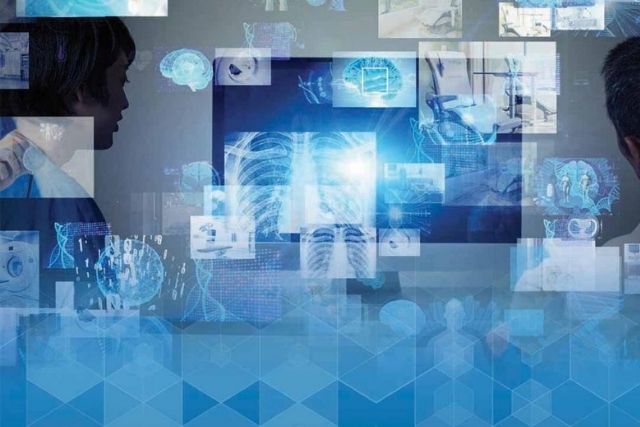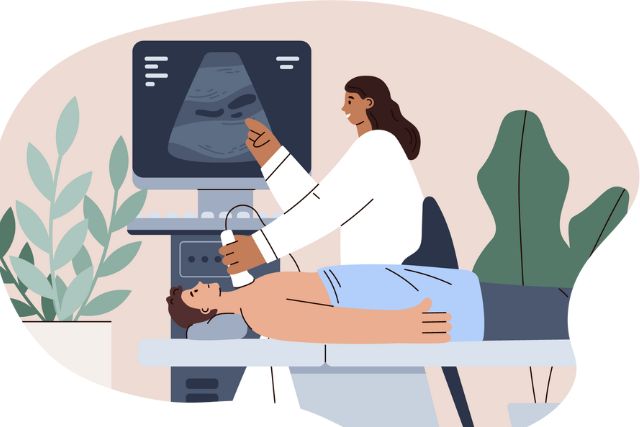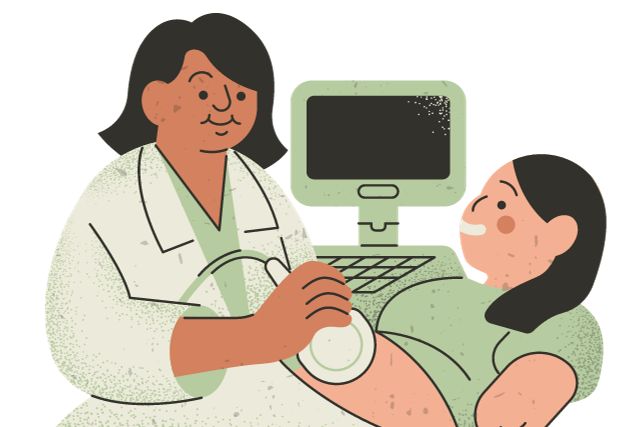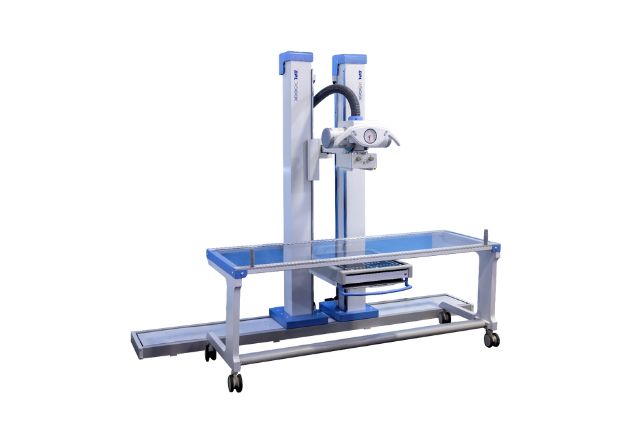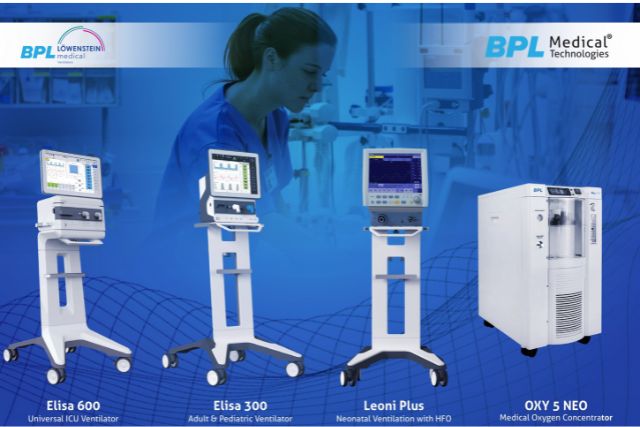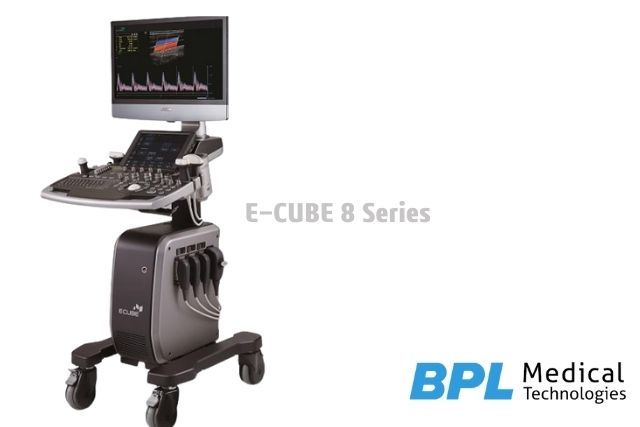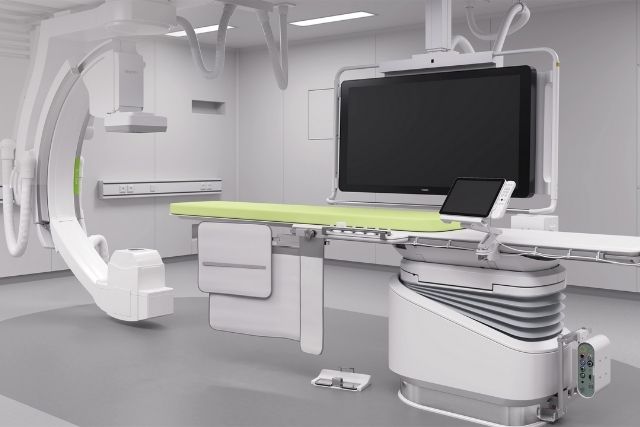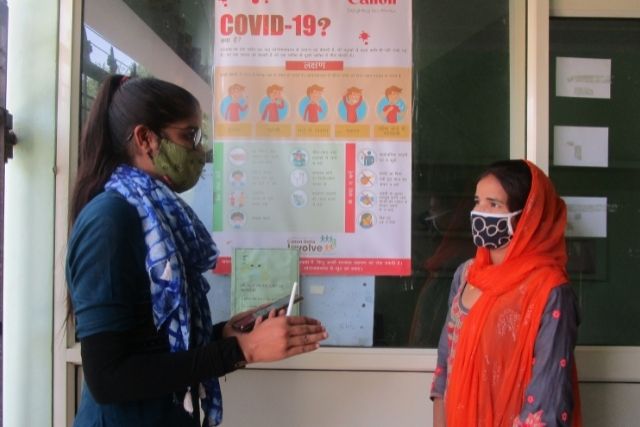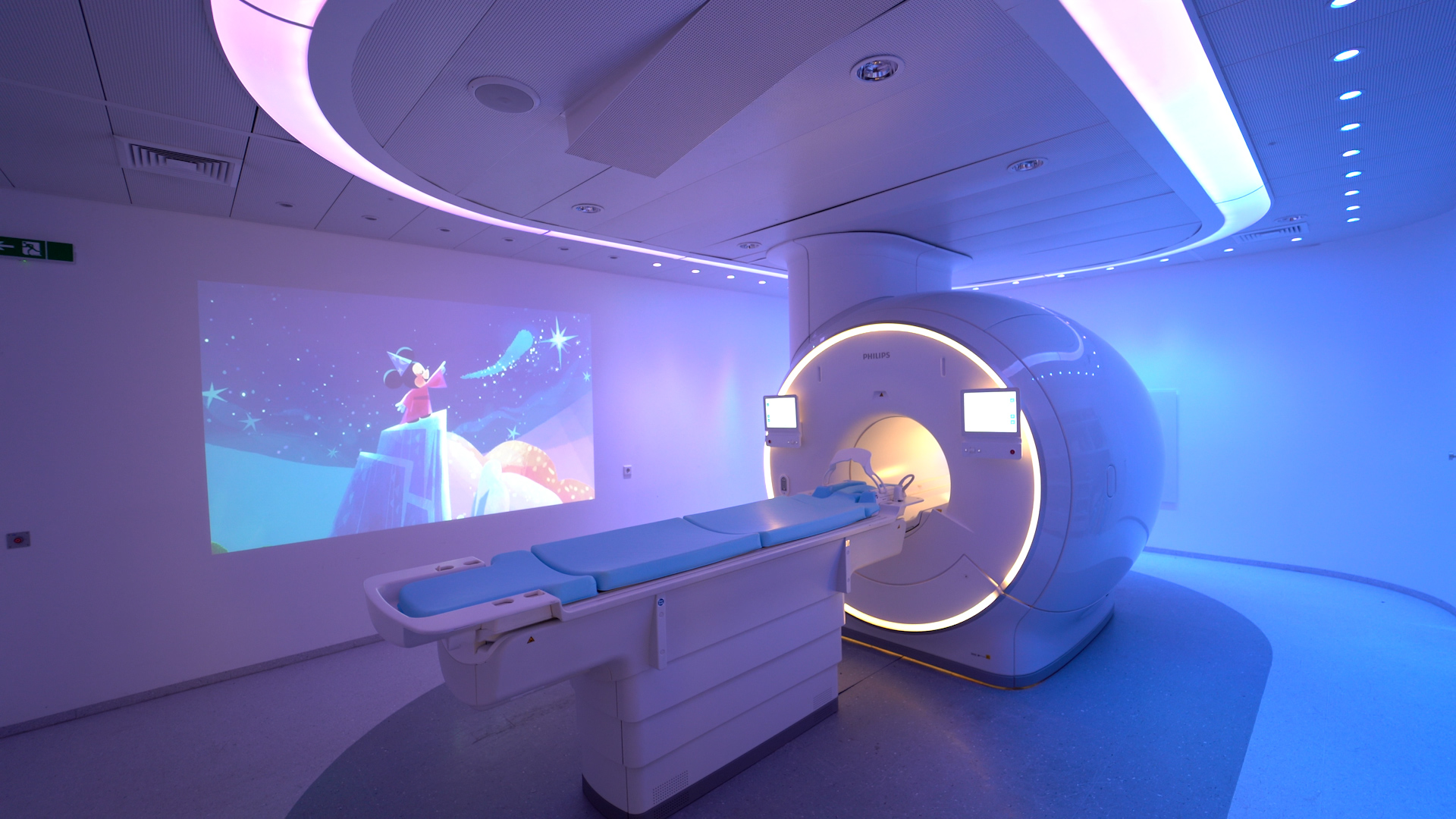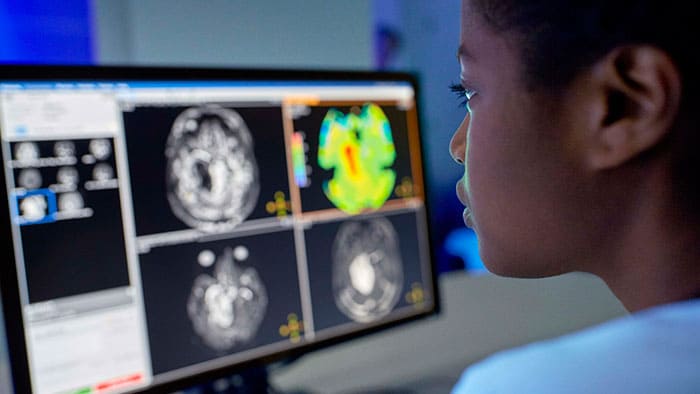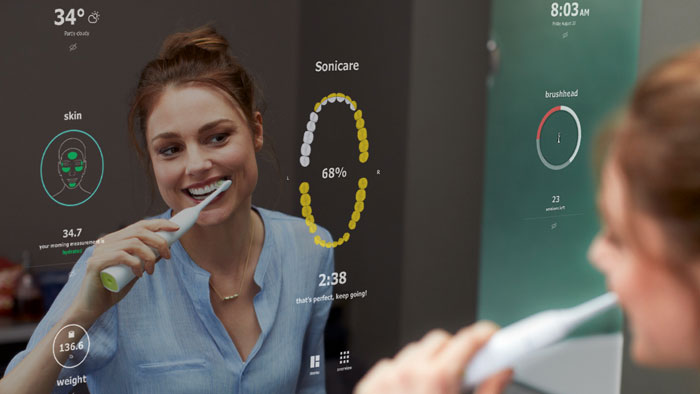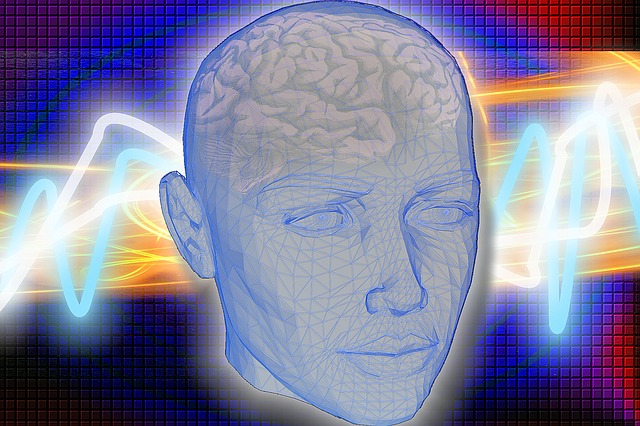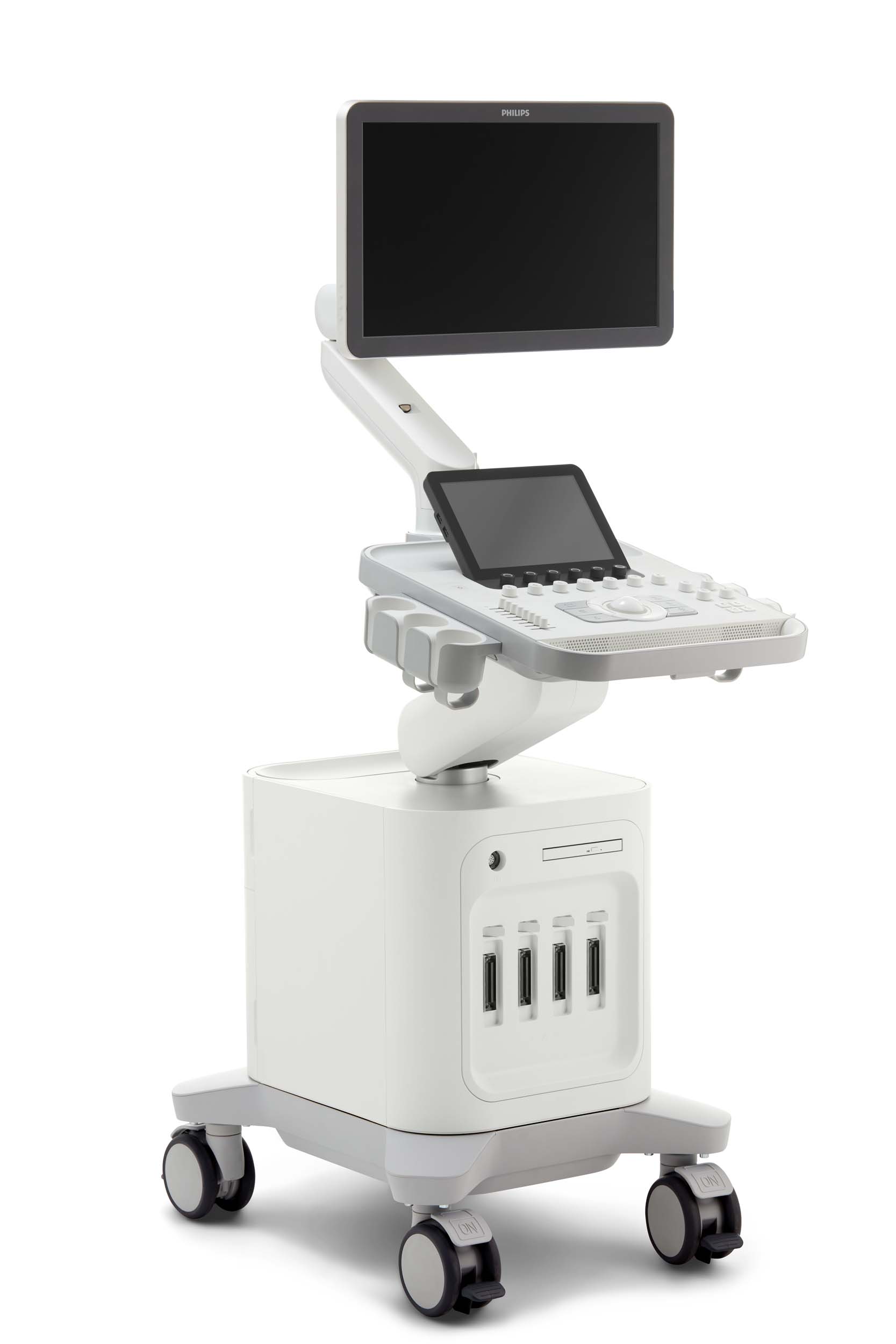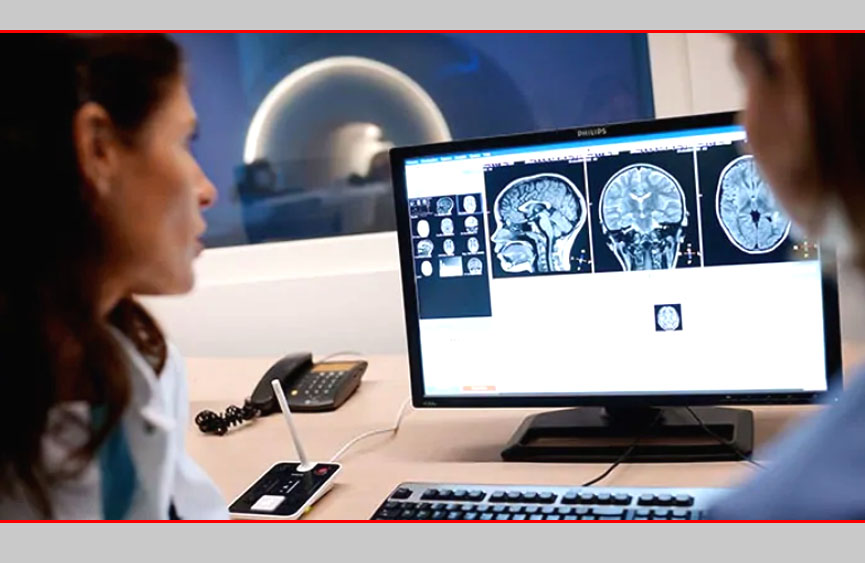In the current scenario, Artificial intelligence, the utilization of intelligent machines to react and work like human beings, is already a part of our everyday life. Right from voice recognition on applications like Siri, Google Assistant to Face recognition on various platforms are already with us. Driverless cars or robots that ‘care’ for the elderly are undergoing trials and are most likely to be common soon. As with automation after the industrial revolution, it is hard to think of any area in our lives that AI will not touch upon.
AI is significant because it enables some human capabilities like understanding, reasoning, communication, planning to be undertaken by software with better efficiency at a lower cost. The significance of AI is becoming more drastic as AI forms the very foundation of computer learning.
When AI takes over mundane or dangerous tasks, it liberates the human workforce to do work that they are better equipped with, which involves creativity and empathy. AI is when machines can learn and make decisions identical to humans.
There are many types of AI, including machine learning, where instead of being programmed what to think, machines can observe, analyze and learn from data and errors, just like our human brains. This technology is influencing consumer products and has led to significant breakthroughs in healthcare and physics and altered diverse industries like manufacturing and finance.

Sabu Jose, General Manager Government, OEM & Corporate Accounts, Carestream India
In the early 1970s, AI found its way into healthcare and began to be applied to biomedical problems. The 1970s saw a proliferation of AI research, specifically in medicine and later to other arenas.
In Radiology, AI is used as an optimizing tool to assist the radiologist and technologist in choosing a personalized patient’s protocol, tracking the dose parameters, and estimating the radiation risks. AI can also aid the reporting workflow and help link between words, images, and quantitative data.
Artificial intelligence can help radiologists analyze images and data faster, achieve a better understanding of patients’ condition, and increase and improve their clinical role.
In healthcare, developments in artificial intelligence present time-saving benefits for physicians. AI helps increase their productivity and improve their efficiency for specific tasks. Deciding and adopting AI is a critical decision within a value-based healthcare system.
Artificial intelligence in healthcare is still in its infancy. Having said that, AI is the way forward; one has to be careful to stay away from the pitfalls of artificial intelligence in healthcare. Some of the pitfalls of machine learning are training and testing on data that is not clinically meaningful, lack of independent evaluation of real-world data, a narrow application that cannot be generalized to clinical use, inconsistent means of measuring the performance of algorithms.
The development and integration of machine learning/artificial intelligence into routine clinical practice will significantly alter the prevailing practice of radiology. Diagnostic imaging, probably next only to radiotherapy and robotic surgery, is one of the areas where technology plays a key role and perhaps is the most influencing and beneficial of the final effect of a doctor’s effort.
Radiologists will not be replaced; however, by embracing artificial intelligence and adapting to the changing times, Radiologists will see their jobs transformed and their patient’s quality of care improve. Aided by artificial intelligence, the radiology field will continue to thrive.
There will be a new breed of data-science-tech savvy radiologists in the foreseeable future who will embrace and harness the incredible potential of artificial intelligence/machine learning to improve their ability to care for patients. The synergy of radiologists and AI algorithms based on deep learning will ensure the highest quality and accuracy of clinical results.







